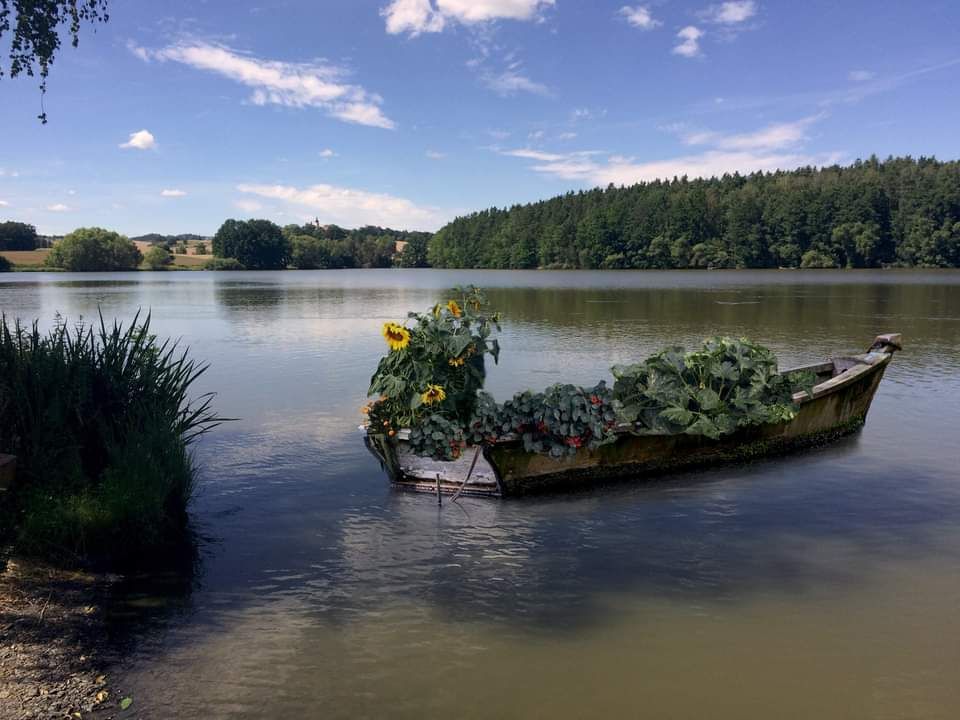Table et Territoire
Více...
...Méně
27. 9. 2020
Ostatní akce

Today, food is a priority subject with regards to sustainable development from a technical point of view. It is at the same time an eminently cultural issue. From the fields to fine gastronomy, hybrid initiatives proposed by artists in the fields of agriculture and food are multiplying on across Europe.
Launched by The Sustainable Culture Laboratory (LAB), The Table and Territory is a transdisciplinary European project to develop, link and enable a community of cultural actors engaged in the ecological transition and sustainable food; to meet, share their expertise, assemble skills, evaluate (with scientists), share (with the public) and argue (with policies), the emergence on a European and eventually global scale, the importance of culture-based solutions.
From new initiatives around Sustainable Food in France, Spain, the Czech Republic, Greece and Italy, artists, scientists and citizens will lead research-creations in innovative fields. They will share the results of their experiences through participatory artistic productions, public reunions and educational workshop sessions.
Throughout the project, the LADYSS-CNRS will be in charge of the study, the analysis and the evaluation of the cross disciplinary approach to art, food and society, organise a European seminar and publish a book (Blanc & Benish, Routledge, 2022) based on these findings.
The Sustainable Culture Laboratory and its program The Table and the Territory, is supported by the Ministry of Ecological and Solidarity Transition, within the framework of the National Climate Change Adaptation Plan, the Ministry of Culture, the Creative Europe program of the European Union and the Carasso Foundation. It also involves many cultural partners and research institutes: LADYSS-CNRS, ENS Paris, ENS Lyon and INRA.
performance: Miloš Šejn, Martin Zet, Javier Orcaray Velez (SPA)
exhibition: Jorgge Menna Barreta (BRA) Denise Davis (USA/CZ) Tomaš Hrůza, Andrea Průchová-Hrůza (CZ) Ana Quiroz (MEX) Veronika Šrek Bromová (CZ), Hana Nováková (CZ), Aleksandra Wolska (PLN/US), ArtFarm Research Project



